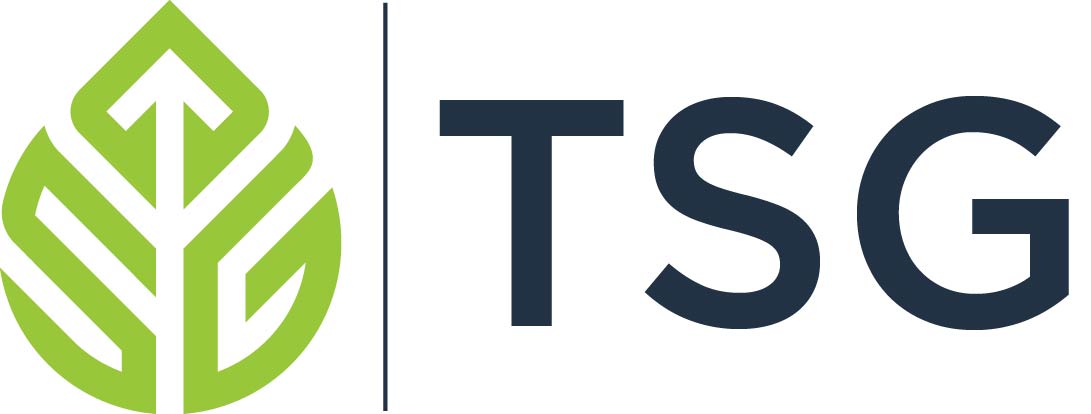Backlash in Tech and Entertainment Sectors Due to Lack of Diversity & Inclusion
in Uncategorized on 2022Let’s face it, the days of the “Good Ol’ Boys Club” are over, or are they? The Tech and Entertainment industries are learning slowly, but surely that discrimination and sexism must become a thing of the past.
Activision Blizzard Entertainment (ABE), maker of video games such as “Call of Duty” and “World of Warcraft” recently had their president, J. Allen Brack, step down due to a discrimination and sexual harassment lawsuit filed by the state of California. The state cited a “frat boy” culture that developed into a “breeding ground for harassment and discrimination against women.” The lawsuit went on to allege unequal pay including salary, incentives and total compensation for women named to leadership roles and constant sexual harassment of female employees. In addition, it alleged that employees reported complaints of unpair pay and assignments to ABE’s human resources department to no avail. The alleged incidents date back to 2019.
Unfortunately, the story above is not a one off. Riot Games, maker of “League of Legends,” has been facing a similar reckoning. Riot CEO Nicolo Laurent was under investigation in 2018 and again in 2021 for gender discrimination and sexual harassment allegations. Laurent has denied the claims.
“As that accumulated and there were cases that we didn’t talk about…it was a reckoning. When time stopped, it really felt like every team looked inwards and had the deepest retrospect of their life,” said Jessica Nam, Vice President and Executive Producer of League of Legends. Nam took part in a Comic-Con panel discussing the progress of diversity at Riot and the gaming industry.
Having your company face public scrutiny may not be the preferred method of deciding on incorporating diversity and inclusion practices, but it beats the alternative, doing nothing. Difficult situations like the ones mentioned above present opportunities to take a deep dive into your organizations hiring and promoting practices, touch base with employees about their concerns, begin building a supportive workplace community and incorporating diverse opinions.
“Diversity and inclusion takes practice, it’s like exercise. You can’t just do it once and then expect to be fit. You really have to exercise with great regularity. When it comes to creating a diverse environment, you have to look at who you’re hiring, who you’re partnering with and ultimately the stories you’re telling,” said Shauna Spenley, Riot’s Global President of Entertainment.
Experiencing reckoning is not easy, but it is sometimes necessary. Diversity and inclusion are permanent tenets for not only the workplace, but the world in which we live. Don’t let a moment of reckoning be your catalyst for inclusivity.
